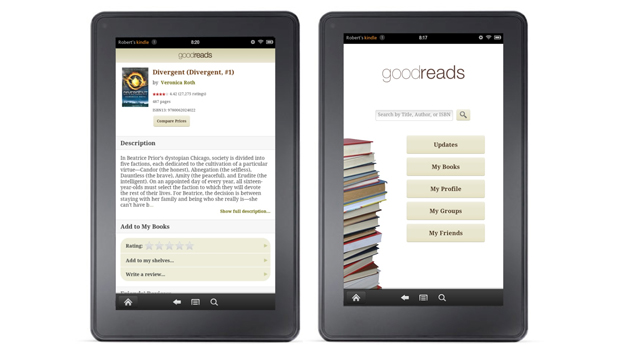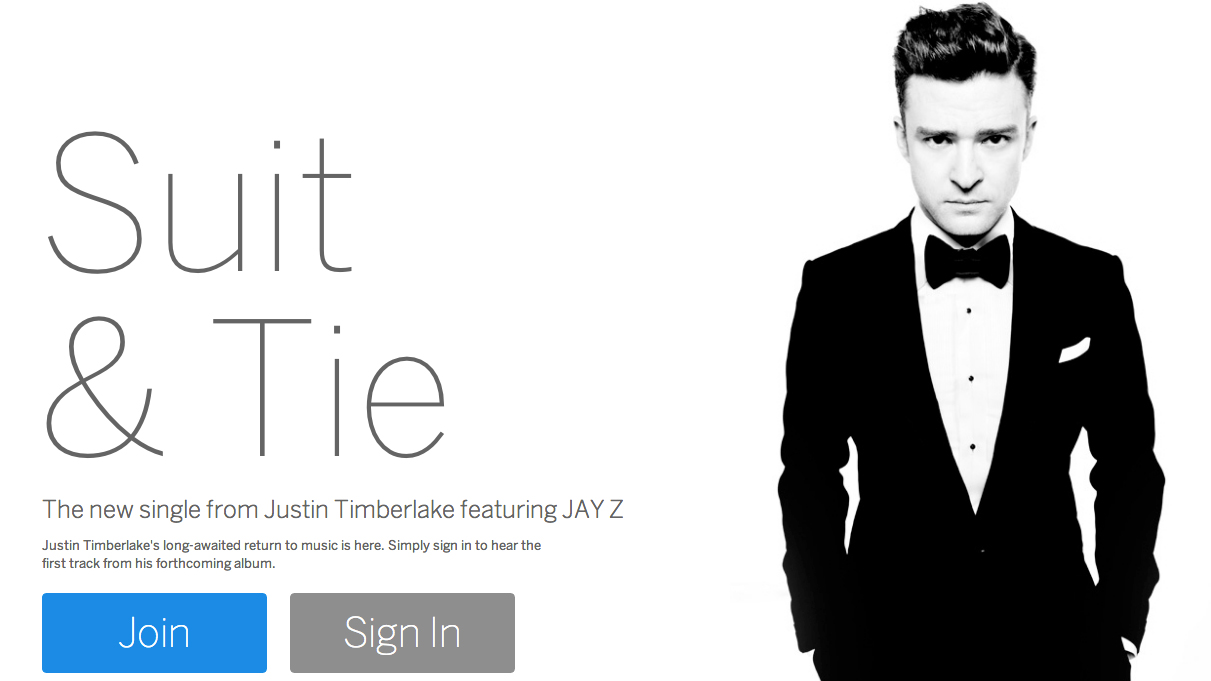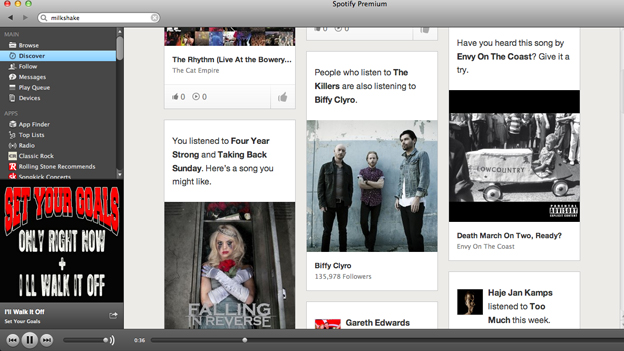How Spotify, Netflix and Amazon control your online habits
When is a choice not really a choice?
A cynical mind might suggest Netflix is so keen on making sure we see its recommendations because there's not that much else beneath the surface of those "Because of your interest in…" match-ups.
Without the recommendations in place, you might use Search on the off chance you want to find the film you really want to watch. Netflix really doesn't want you to do that.
"Almost everything we do is a recommendation," said Xavier Amatriain, the company's engineering director, in a recent interview with Mashable.
"I was at eBay last week, and they told me that 90 percent of what people buy there comes from search. We're the opposite. Recommendation is huge, and our search feature is what people do when we're not able to show them what to watch."
Social status quo
But, it's not just music and video streaming saving us brain power with their well-tailored choice. Social networking is another great example of how curating so much content leads to us seeing the same thing over and over.
If you're using Facebook or Twitter for news and entertainment consumption, chances are you're following links posted or liked by your friends and/or people who share the same belief system, work in the same profession, support the same football team and so on.
It's basically like being in the same pub with the same people every Friday night. The conversation is different, but somehow the same.
Get daily insight, inspiration and deals in your inbox
Sign up for breaking news, reviews, opinion, top tech deals, and more.

Amazon's book recommendations were as organic as they come. User curated reviews and star ratings. Then in May 2013 it bought the reading-themed social network Goodreads. Kindle users can now see what their friends are reading and get personalised recommendations based on their previous tastes.
In loving memory of Myspace
"we currently don't have anything as good as Myspace was at its peak, before the spam robots set up camp."
There's a flip side to this 'choice through narrowed choice' debate though beyond the services and consumer. What about the content creators? Can new stuff stand out in this environment?
Kevin Douch owns Big Scary Monsters records, one of the UK's most influential indie record labels. He sees both positives and negatives, but said streaming services, and all that comes with them, have been beneficial for his artists.
"For new bands, the exposure can be great," he told TechRadar. "Being included on playlists, even just the perception that they're now a 'real band' when their music first appears in the catalogue, can be really helpful.
"Some of our bands, for example Gnarwolves, who have a very passionate, young and quickly expanding online fanbase, see their music streamed and shared a lot, and I struggle to see the downsides of having extra exposure when you're trying to establish yourself in what's a very overcrowded marketplace."
Of course, online music discovery tools aren't new. For the efforts that the likes of Spotify, Rdio, We The Hunted (which specialised in unearthing new music before it was bought out by…), Twitter Music and the soon-to-launch Beats Music have put into creating the perfect music discovery tool, nothing beats the original…

"I was saying just last week that we currently don't have anything as good as Myspace was at its peak, before the spam robots set up camp," said BSM's Kevin Douch.
"The simplicity of having your streaming music, list of tour dates, a brief biography and the top 8 friends (in itself a very powerful music discovery tool) on one page was brilliant. The addition of being able to comment and discuss via these pages made it even better."
"I think we need a new Myspace. By that I don't mean Myspace, I mean something that can get the mix right like they did all those years ago. The social interaction of Facebook, the fast pace of Twitter and the streaming capabilities of Spotify, but with the over-riding control left in human hands."
The Human Element
"Maybe with motion sensors in phones, we can start guessing things like 'are you running, biking or driving?'"
Spotify is careful to keep the human element in the loop, alongside its powerful data tools, and has a large editorial team feeding into its recommendations algorithms. Streaming app Slacker Radio says 84 per cent of its paying customers spend more time listening to human curated playlists than those generated by algorithms based on a song or artist.
However, if you think recommendations engines and discovery tools are controlling our listening habits now, streaming companies are only just getting started. At the moment, Spotify requires you to at least state some kind of intent. Pretty soon, it may not have to.

"The more we know about you, the better the engine can be," says Spotify's Donovan Sung.
"Maybe with motion sensors in phones, we can start guessing things like 'are you running, biking or driving?' Maybe it has a temperature sensor, or a heart rate sensor so we can get a sense of whether you're tense.
"Maybe it connects to some other services, for example if we know more about your sleeping habits we know what time you're likely to go to sleep or what time you wake up it can be personalised."
Enjoy the choice you have now because pretty soon these services might know you so well that you'll open the app and hear exactly what you want. And guess what? You won't complain.
A technology journalist, writer and videographer of many magazines and websites including T3, Gadget Magazine and TechRadar.com. He specializes in applications for smartphones, tablets and handheld devices, with bylines also at The Guardian, WIRED, Trusted Reviews and Wareable. Chris is also the podcast host for The Liverpool Way. As well as tech and football, Chris is a pop-punk fan and enjoys the art of wrasslin'.
